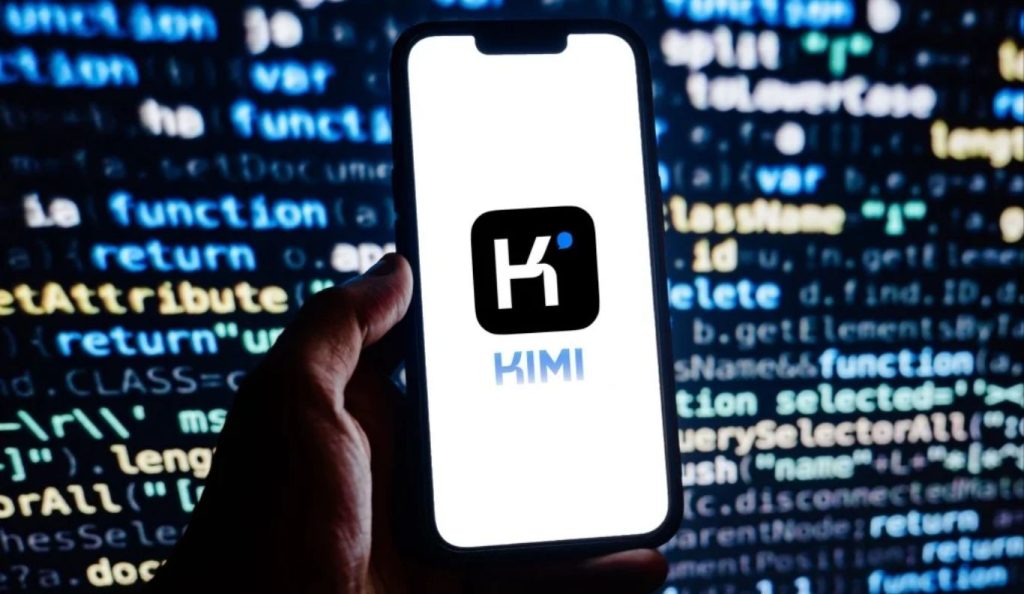Alibaba-backed startup Moonshot has unveiled its latest large language model, Kimi K2, which is already turning heads in the tech world with its powerful coding capabilities and ultra-competitive pricing.
Kimi K2, an open-source generative AI model, has been introduced as a direct competitor to OpenAI’s GPT-4.1 and Anthropic’s Claude Opus 4, especially in code generation. Moonshot claims Kimi K2 outperforms both models on industry coding benchmarks, signaling its potential to take the lead in AI-powered software development.
While OpenAI recently delayed the release of its own open-source model due to safety concerns, Moonshot is charging ahead with transparency and access. The new model is available via app and browser. Also, it is free to use for individuals and businesses alike.
Why does this model stand out?
Kimi K2 is open source, developers can integrate and modify the model freely, with attribution only required for platforms exceeding 100 million users or $20 million monthly revenue. This approach is rare among major U.S. companies, aside from Google and Meta.
What really sets Kimi K2 apart is its aggressive pricing:
$0.15 per million input tokens
$2.50 per million output tokens
In comparison:
Claude Opus 4: $15 input / $75 output
GPT-4.1: $2 input / $8 output
This massive price gap makes Kimi K2 ideal for startups, researchers, and businesses managing large-scale or cost-sensitive operations.
Real-World application and performance
Kimi K2’s core strength lies in coding, one of the most commercially valuable uses of generative AI. The model has been positively received on platforms like X and GitHub, although some users have reported occasional “hallucinations” (false outputs), a common issue across all LLMs.
One reviewer stated: “It’s the first model I feel comfortable using in production since Claude 3.5 Sonnet.”
Moonshot has also released a separate Kimi research model, which matches Google’s Gemini Deep Research on the “Humanity’s Last Exam” benchmark and even surpasses OpenAI’s entry. Elon Musk mentioned the model during his unveiling of Grok 4, signaling its growing international recognition.
A new phase in the AI race
Analysts see Kimi K2 as a sign of growing Chinese influence in global AI development. As companies like ByteDance, Baidu, and Tencent crowd the domestic chatbot space, Moonshot’s global-facing strategy, including free public access and open-source architecture, helps it stand out.
According to Wei Sun, AI analyst at Counterpoint, “There’s no doubt Kimi K2 is globally competitive—and its low cost makes it an even more attractive option.”
With OpenAI’s GPT-5 still under development and U.S. companies cautious about open access, models like Kimi K2 could redefine who leads the future of AI innovation.

